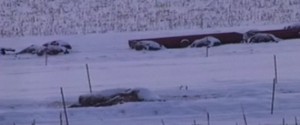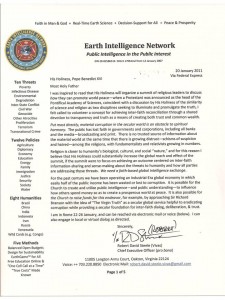
Citizen Satellites
Tiny, standardized spacecraft are making orbital experiments affordable to even the smallest research groups
By Alex Soojung-Kim Pang and Bob Twiggs | February 9, 2011 (latest issue)
Ever since Sputnik kicked off the age of space satellites more than fifty years ago, big institutions have dominated the skies. Almost all the many thousands of satellites that have taken their place in Earth orbit were the result of huge projects funded by governments and corporations. For decades each generation of satellites has been more complicated and expensive than its predecessor, taken longer to design, and required an infrastructure of expensive launch facilities, global monitoring stations, mission specialists and research centers.
In recent years, however, improvements in electronics, solar power and other technologies have made it possible to shrink satellites dramatically. A new type of satellite, called CubeSat, drastically simplifies and standardizes the design of small spacecraft and brings costs down to less than $100,000 to develop, launch and operate a single satellite—a tiny fraction of the typical mission budget of NASA or the European Space Agency.
(full article requires subscription)
Comment: the article mentions the idea of “printing” low-cost materials as well.
Related:
+ Crowdfunding for a Satellite to Widen Net Access to Help Benefactors to Help Themselves
+ Brooklyn Space Program (weather balloon + iPhone + camera recording most of the flight into space and back)






